Giving advice and pleasure to the disabled
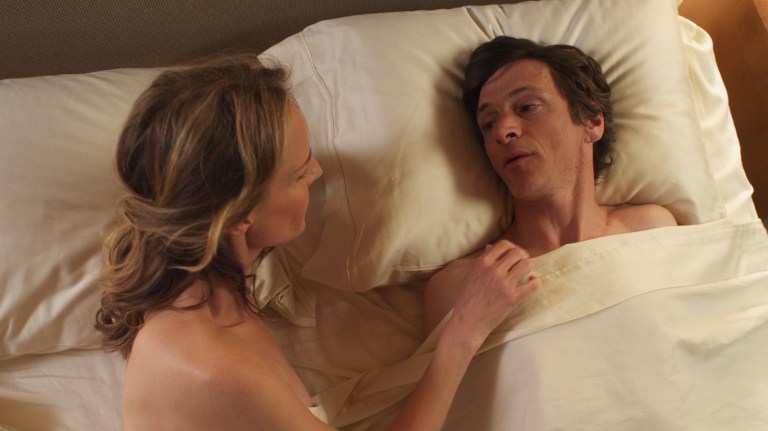
Whether the disability is mental or physical, there’s a need for sex-related services for disabled people. But there are no set answers on how best to fulfil those needs.
“Can I give you a hug?” asks the tall, blond man. This irritates – and even frightens – the women he approaches on the street. The young man is a stranger to them, and he’s mentally impaired. Does he want more than hugs? Or is this just an awkward attempt to make friends?
The anecdote comes from a seminar in Zurich where people are learning to be sex counsellors for people with disabilities. It’s part of a course offered by the Institute for the Self-Determination of Disabled People in Germany.
“There’s a need for this because it’s so seldom talked about – and many homes don’t want to talk about it. For some it’s an unpleasant taboo,” according to Lothar Sandfort, psychologist and head of the institute. A paraplegic since a road accident in his youth, Sandfort is married with three children.
Course participant Ann-Kathrin initiated the discussion on sexuality at her workplace, a Basel home for people with cognitive disorders such as autism.
“I noticed that while some of my colleagues were relieved that I had, others just brushed it off,” she said, noting that sex is definitely on the brains of the five men (aged 18-52) under her care – some of whom very openly express their desires.
“Other residents as well as staff members are often stumped because nobody really knows how to react in these situations,” Ann-Kathrin told swissinfo.ch.
Hans, who works at an Aargau home for mentally disabled people, tells the group that many of his charges would like to have a girlfriend or a boyfriend, and many already do. “I wanted to specialise in something that I’m confronted with on a daily basis,” Hans told swissinfo.ch.
During a brainstorming session about the would-be hugger, somebody suggests that the man could benefit from a supervised outing to a club or dance event. This would require extra money in terms of staffing and other expenses.
It turns out the young man in question has since found a less threatening workaround. Now he asks people what time it is.
“He’s already learned something,” instructor Sandfort points out. “Now he needs to learn how to introduce himself and make friends – how to flirt, essentially.”
As part of its engagement for people in Switzerland with disabilities, Behindertenforum supports airAmour, a competence centre for relationship and sex issues affecting mentally disabled people.
Its focus is on self-determination, helping clients answer questions like how to socialise and make friends, whether living independently would be feasible or if it’s the right time to get involved in a romantic relationship. Sex education is also part of airAmour’s offer.
Established in 2003, the centre performed about 200 consultations in its first year. In 2012 the number was 800. airAmour is based in Basel.
No nightlife, little freedom
The lack of nightlife activities – such as going for a drink in the evening or attending a concert – was something that bothered Francesco Bertoli while living in homes for the physically disabled. Now 60, he has his own apartment and is the president of Behindertenforum, a Swiss interest group for people with disabilities.
According to Bertoli, about one third of disabled people in Switzerland live in institutions, which tend to be “very structured, without much freedom”. Like Sandfort, he agrees that there’s a reluctance to acknowledge the sexuality of the residents.
“People see those with disabilities as neuter gender – not as male or female,” Bertoli told a group of University of Fribourg students gathered for his lecture on the subject earlier this year.
He has arthrogryposis multiplex congenita, a joint disease that affects his limbs. During his presentation, Bertoli used his tongue to turn the pages of his notes.
“My arms and legs don’t work, but everything else is OK. I was excited to learn that I could have sex,” said Bertoli, referring to a couple of former girlfriends.
Teaching touching
In addition to its course for sex counsellors, the German institute also trains people to be sexual surrogates.
The 2012 US film The Sessions got international audiences talking about the concept of sexual surrogacy for disabled people, where a therapist helps a man weakened by polio to explore his sexuality.
“We don’t accept everyone who applies for the course – especially not those with the helper syndrome, who think that the disabled person is suffering and who want to take that suffering away,” Sandfort told swissinfo.ch.
This past spring, five women and two men – aged 40-60 – enrolled in the course’s Swiss edition.
Asked about the difference between a sexual surrogate and a prostitute, Sandfort said there are no illusions with a surrogate. “The client might even go home sad or disappointed because she gave him critical feedback on his performance in bed.”
“Altogether there are about 20 people in Switzerland who are trained to be surrogates. There are a lot more women than men because there’s more demand,” course leader Erich Hassler told swissinfo.ch, explaining that unsatisfied men in institutions can get aggressive.
Currently the head of the institute’s Zurich branch, Hassler himself took the surrogate course in Germany a decade ago.
‘No fear of physical contact’
Hassler felt inspired to become a surrogate after seeing a newspaper ad calling for people to learn the trade. In fact it was his wife who showed him the ad. Through his previous work organising sports activities with the disabled, Hassler was already comfortable getting close to people with disabilities: “I don’t have any fear of physical contact.”
Training involved erotic workshops with five or six disabled people, at least two professional surrogates and one trainee. “On some weekends the focus was on physical disabilities; on others it was mental. After six of these workshops, I got a diploma. Later on I trained to be a sexual counsellor as well.”
The going rate for surrogacy is CHF150 ($160) for a one-hour encounter, regardless of what happens.
“We don’t sell sex acts. We sell time for an encounter, and what happens during this time is up to the client and the surrogate,” Hassler said, meaning that these sessions don’t necessarily result in intercourse.
He sees more demand for female surrogates at present. “In society, it’s not so acceptable for women to engage the services of a surrogate. We often get requests from institutions regarding their male clients. If a man can’t live out his sexuality, then he often becomes aggressive and bothers fellow residents as well as staff. So this often prompts a call to a sexual surrogate.”
“In comparison, institutionalised women who can’t live out their sexuality tend to become withdrawn and depressed – behaviour that doesn’t so much attract attention.”
Same rights
Whether or not to engage a surrogate “should be a very individual decision”, according to psychiatrist Paul Hoff, president of the board of the Swiss Association of Head Psychiatrists.
“You can’t say to a patient, ‘I have an idea to improve your sexual life’. It can’t be like a prescription – that wouldn’t be ethical,” Hoff told swissinfo.ch.
But he says that psychiatrists, psychotherapists and institutions need to address the issue of sexuality openly, noting that mentally and physically disabled people often suffer from depression.
“We should ask patients if their mental problem has had any consequences for their sexual life,” Hoff said. “In terms of sexuality, people with mental disorders have absolutely the same rights as anybody else.”

In compliance with the JTI standards
More: SWI swissinfo.ch certified by the Journalism Trust Initiative
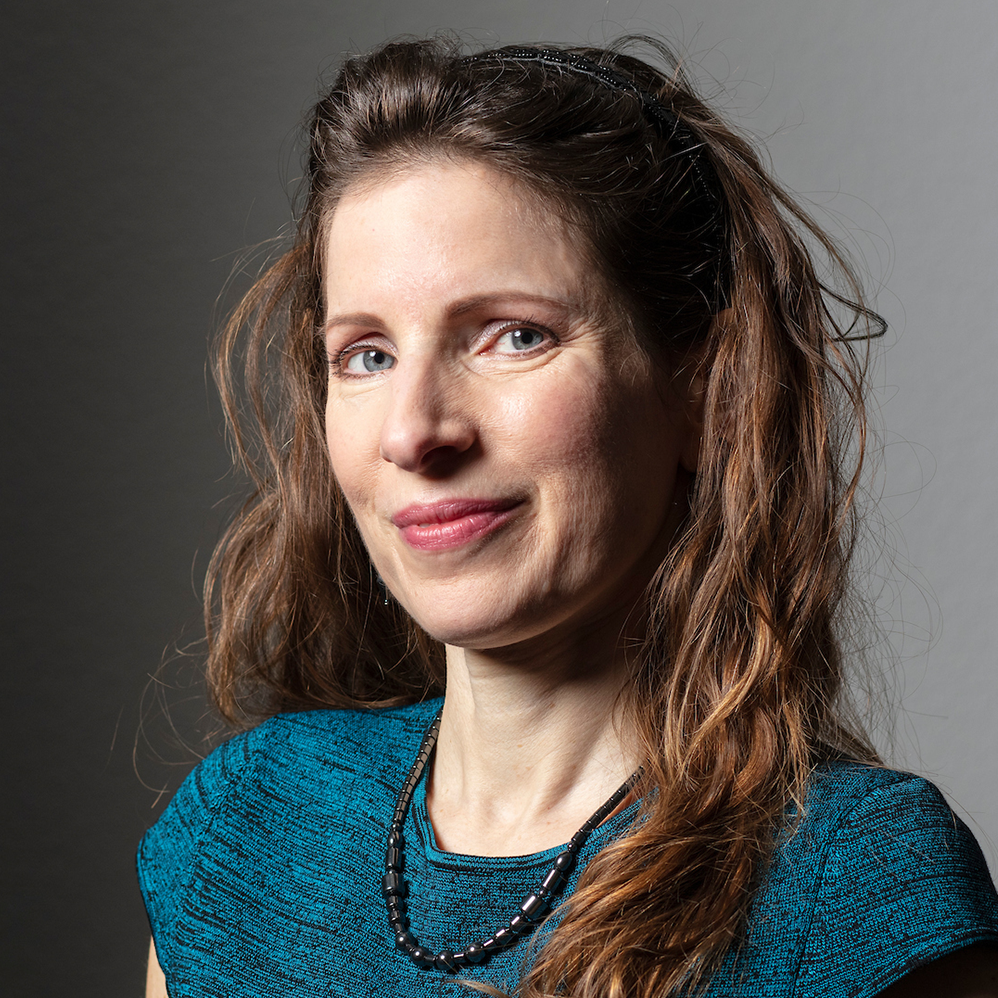
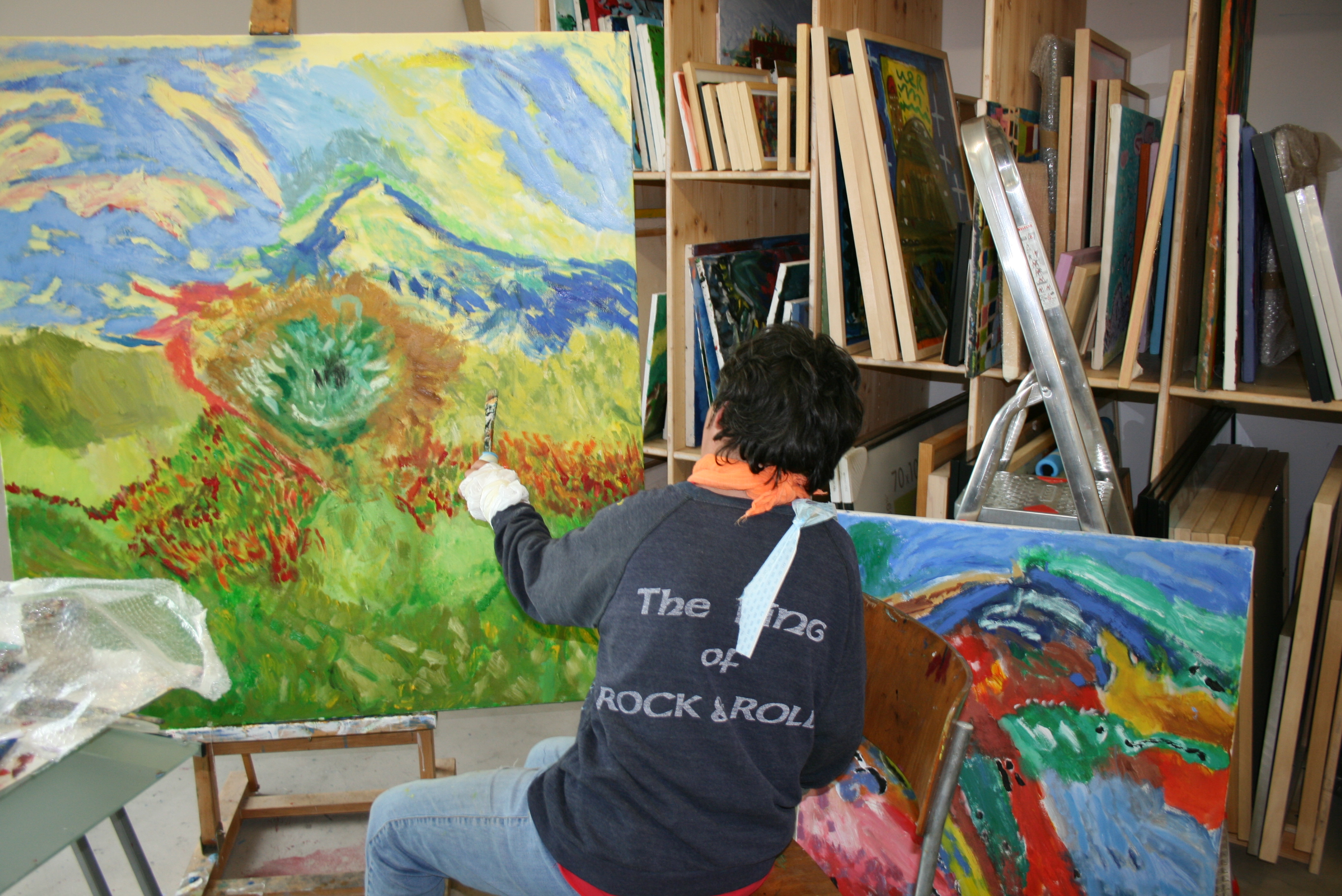
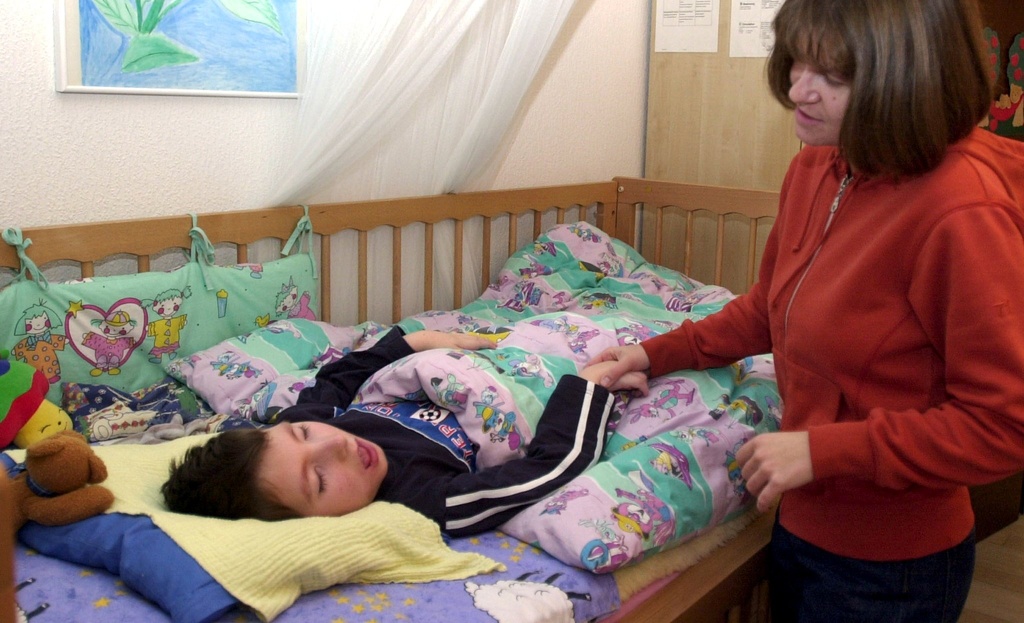
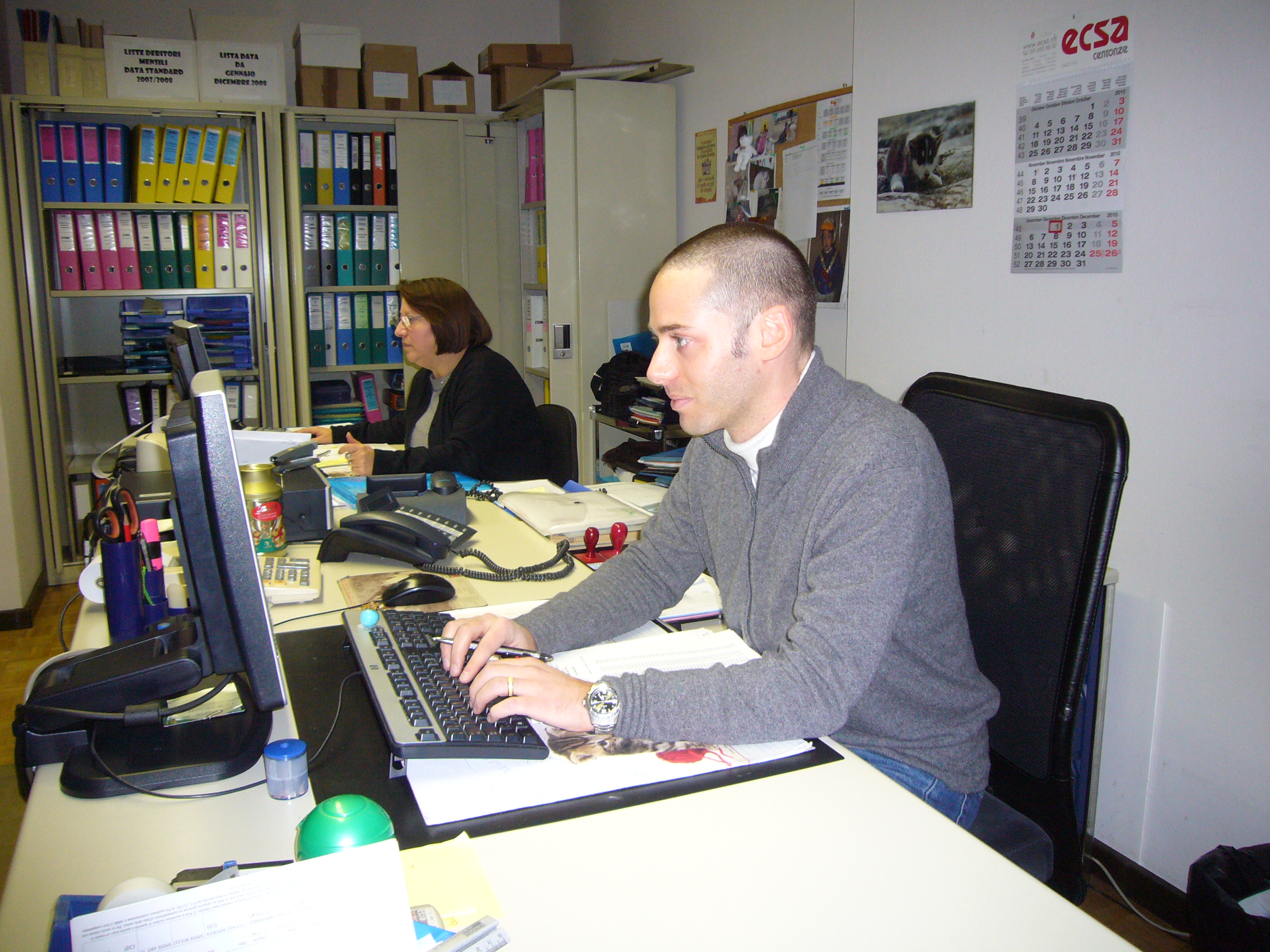
You can find an overview of ongoing debates with our journalists here. Please join us!
If you want to start a conversation about a topic raised in this article or want to report factual errors, email us at english@swissinfo.ch.